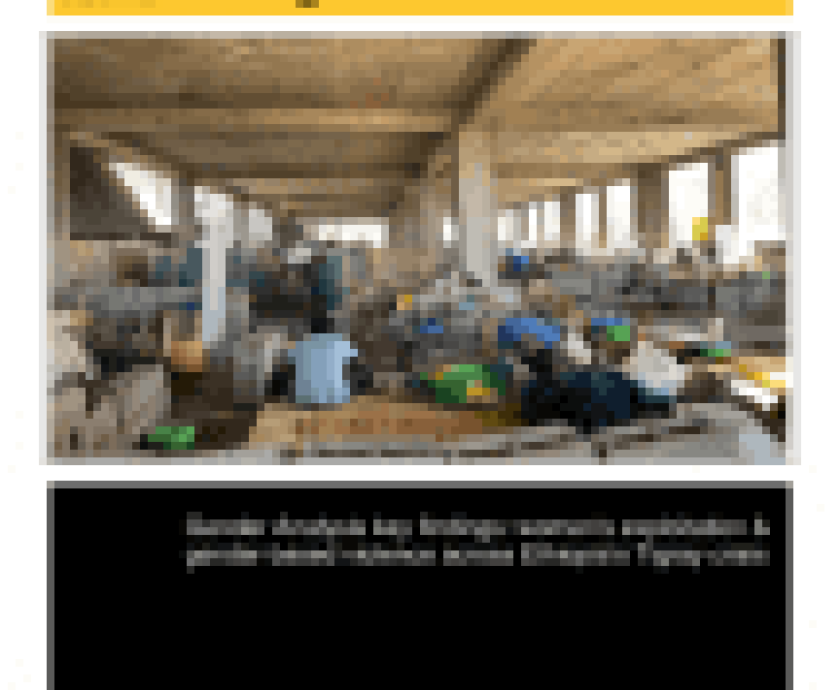Click to expand Image
Irina Slavina poses in Nizhniy Novgorod, March 2019, in a photo posted to social media.
Journalist and publisher Irina Slavina (Murakhtayeva) died after setting herself on fire on October 2, a day after a police raid on her apartment and following years of harassment by Russian authorities and others.
Slavina ran Koza Press, an independent online outlet. Just before killing herself in front of the Interior Ministry building in Nizhny Novgorod, she posted on Facebook: “Blame the Russian Federation for my death.”
On October 1, Slavina described in her post how police raided her apartment at 6 a.m. that day, and confiscated “everything they found” – USB sticks, laptops, cell phones, and her notes. After the search, authorities interrogated Slavina as a witness in a criminal case against a local entrepreneur Mikhail Iosilevich for his alleged involvement with an “undesirable organization.” The organization in question, Open Russia, is a public movement loosely affiliated with Mikhail Khodorkovsky, a former oil tycoon and political rival to President Vladimir Putin, currently living in London.
According to media reports, Iosilevich leads the local brunch of the Church of the Flying Spaghetti Monster, a parodic, pseudo-religious organization. The authorities claim he allowed Open Russia to use his premises for an event, although his lawyer says the event was conducted by Golos, an election watchdog, not Open Russia. In addition to raiding the homes of Iosilevich and Slavina, police searched the apartments of at least five other local activists in connection with the case.
Last year, a court in Nizhny Novgorod fined Slavina for participating in an event by Open Russia, even though she was there in her professional capacity as a journalist. In 2016, leaflets smearing her were disseminated in her neighborhood. A year later, her car tires were slashed. In 2019, she had to pay a fine for organizing an unsanctioned peaceful rally and then received another fine for “disrespect of the public” for a snide anti-Stalinist online comment.
According to Slavina’s lawyer, in 2020, police used different administrative charges to target her, repeatedly resulting in hefty fines that caused her anxiety. Local investigative authorities released a statement on the day of her death, saying the tragedy was not connected to the raid on her apartment.
Whether or not the raid became the last straw for Slavina after years of struggling to keep Koza Press afloat, it is evident authorities in Russia are waging a war of attrition on independent journalists and civic activists, subjecting them to harassment and persecution instead of creating a normal working climate for free press and encouraging public engagement.



